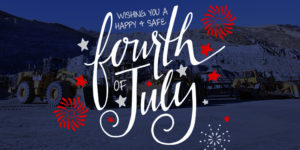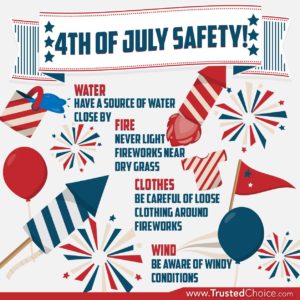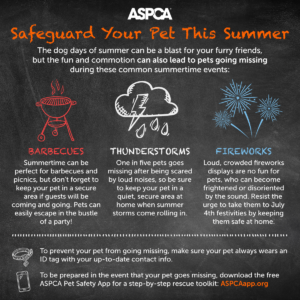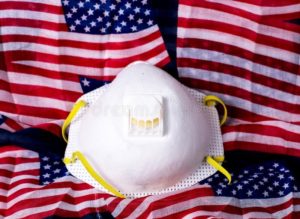Bedsides Covid safety this 4th of July there is safety in general whether at home or going out.
Regarding in the water:
As July is one of the hottest months of the year, many families turn to water activities to beat the heat. However, even fun water activities have serious risks if the proper precautions aren’t taken.
- Review safe boating practices.
- Never consume alcohol while driving a boat.
- Before boating, always check that there are enough life preservers on hand for every passenger.
- Set water safety rules for your family, especially if there’s a young child.
- Keep a first aid kit near the pool.
- Pool Security-Many people don’t consider the security of their hot tub or pool, but to keep your guests and family members safe, you need more than just constant supervision. This is why an outdoor home camera system is one great way to ensure that everyone keeps having fun and stays safe but better than that is always an adult taking the safeguard job watching the children. The parents or responsible adult can take alternate doing this job and without question be able to swim and preferably BCLS certified or someone at the gathering BCLS certified or even a doctor or nurse at the party is helpful.The CDC states that about 10 people per day die from unintentional drowning in the United States. Having cameras specifically for your outdoor pool area can help to provide a much safer space against the common causes of pool accidents. Since you are able to access your cameras from any smart phone, you will always be in the loop. While no amount of home security cameras can compensate for parental supervision when it comes to your young ones going for a swim, it is a great addition to help provide additional security.
July is one of the peak months for grilling fires. Enjoy grilling your favorite meals this summer while also keeping your family safe.
Regarding Grilling, this weekend and everytime you grill for safety always:
- Check gas grill hoses for cracks, holes and leaks. To do this take soapy water and put it over the connection tube to the tank & if bubbles, Your Leaking.
- Keep children away from grills. Gas leaks, blocked tubes, and propane tanks can be a cause of grill fires and explosions.
- Never grill indoors, in the garage, in any enclosed area or on a surface that might catch fire. Grill always outdoors.
- Keep the grill at least two feet away from decks, siding, branches and any outdoor equipment that can catch fire quickly.
More than 50,000 fires are caused by fireworks every year but now the news is saying we will have potential for the highest amount of people on the road to get where they want to celebrate the 4th of July this year due to lock up last year; so many will be going out to celebrate but know these tips if going out or even staying home.
Regarding proper precautions when operating fireworks:
-
Never disassemble or try to make your own fireworks.
-
Don’t point sparklers, or fireworks at yourself or others, especially while they’re being lit.
-
Only light fireworks on the ground and in areas that are dry and fire-resistant.
-
Don’t attempt to ignite fireworks at the same time.
-
Never allow young children to handle fireworks or sparklers to prevent firework-related injuries.
-
Always keep a portable fire extinguisher close by. Also, keep a water hose or buckets of water nearby to put out fires.
-
If fireworks malfunction, don’t relight them! Douse and soak malfunctioning fireworks with water then throw them away.





